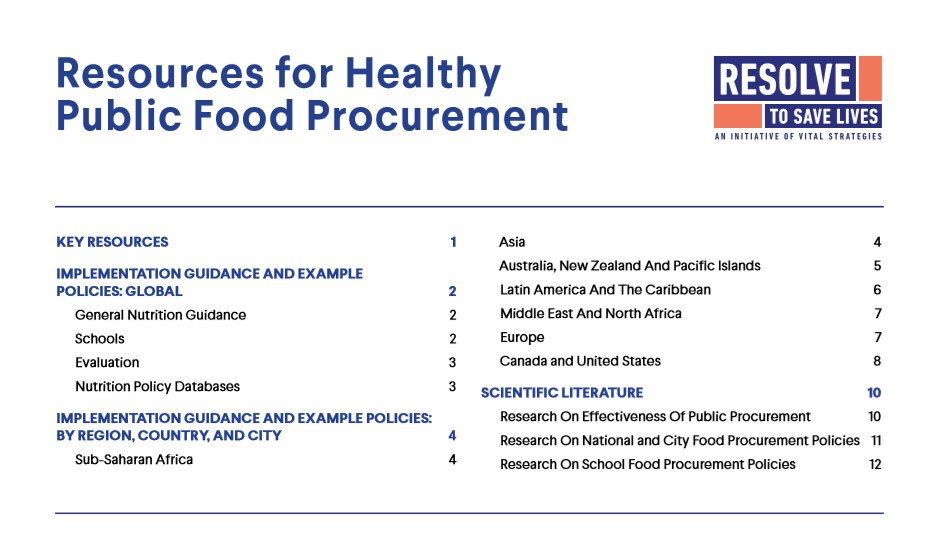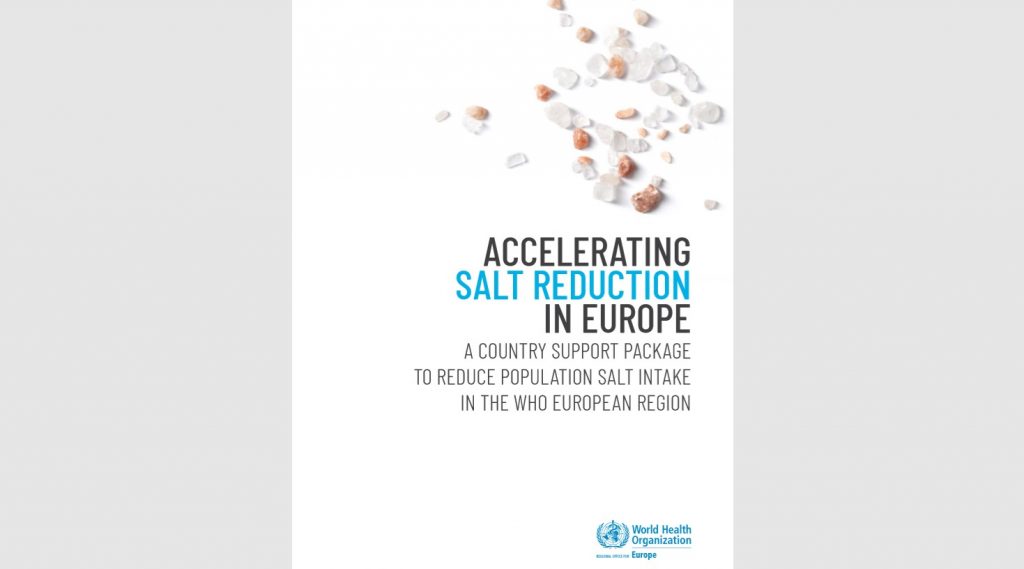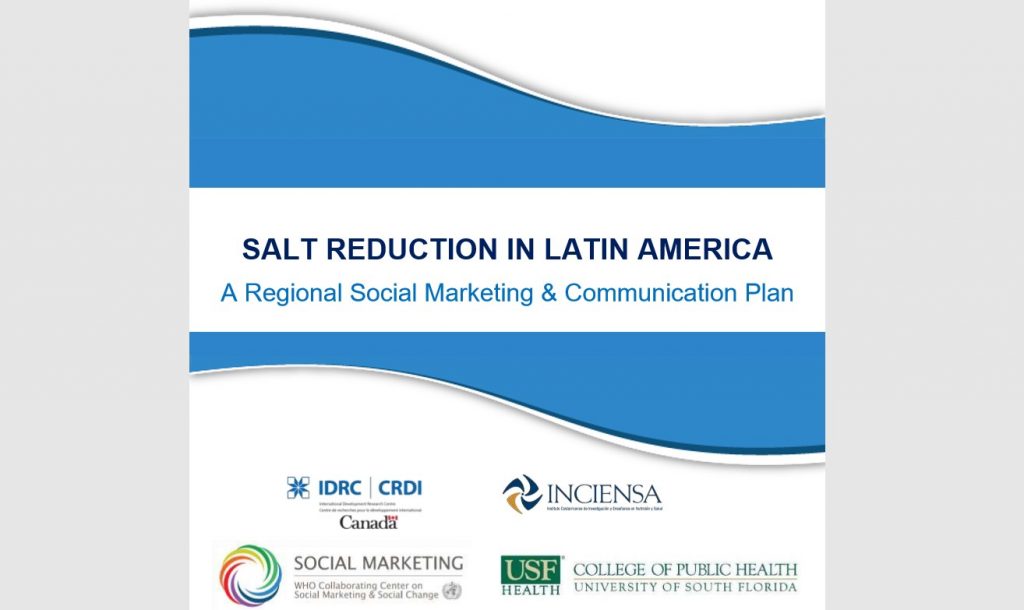Potassium-enriched salt substitutes nationwide in China are estimated to have significant population health benefits

Published in the British Medical Journal, Markland et al used comparative risk assessment models to estimate the effects of nationwide replacement of discretionary salt with a potassium-enriched salt substitute on morbidity and death from cardiovascular disease (CVD) in adults living in China. Additionally, a separate model was conducted to estimate harms related to salt substitute […]
The effectiveness and feasibility of taxes on salt and foods high in sodium: what’s the evidence?

Published in Advances in Nutrition, Dodd et al conducted a systematic review to investigate the effectiveness and feasibility of salt taxation as a policy measure to improve population health. The review searched peer-reviewed and grey literature published between January 2009 and October 2019. A total of 18 relevant studies were reviewed, consisting of modelling (n=8), […]
Estimated social return on investment of Salt Reduction programs in Australia

The George Institute commissioned Health Technology Analysts Pty Ltd to assess the benefits of implementing policies or community interventions to reduce nationwide salt intake in Australia. Economic modelling was conducted using the Social Return on Investment (SROI) framework to assess broader socio-economic impacts of varying levels of salt reduction through three types of salt reduction […]
Major food companies contribute more than 50% of household dietary sodium purchases in Australia

Published in the International Journal of Behavioral Nutrition and Physical Activity, Coyle et al conducted a cross-sectional study to identify the relative contribution that food companies and their products made to Australian household sodium purchases in 2018, and to examine differences in sodium purchases by household income level. One year of grocery purchase data from […]
LINKS toolkit: Resources for Healthy Public Food Procurement

LINKS (a collaboration between WHO, the CDC Foundation and Resolve to Save Lives) recently published a toolkit of resources for healthy public food procurement policies – these policies ensure that foods procured or served in public settings contribute to a healthy diet. Resources include implementation guidance and examples of policies from around the world, and […]
How effective is the Eat Mediterranean Program in Portuguese schools?

Published in Nutrients, Rito et al evaluated the Eat Mediterranean program (EM) that aimed to eliminate dietary inequalities in school children. The EM program was implemented over two school years in 25 Portuguese schools within two municipalities. A pre-intervention evaluation of school menus was conducted, analysing 39 school meal samples collected from 10 kitchens that […]
WHO Regional Office for Europe (WHO EURO) released new country support package to aid salt reduction

[vc_row][vc_column][vc_column_text]In late July the WHO EURO office launched a new package to support countries in the European region to reduce salt consumption. The support package provides a step-by-step guide on developing, implementing, monitoring and evaluating salt reduction programs. It is hoped that this support package will encourage countries to either reinforce of further pursue salt […]
Scaling-up and evaluating salt reduction policies and programs in Latin American countries

In May 2020, the final technical reports of the International Development Research Centre (IDRC) project, “Scaling-up and evaluating policies and programs in salt reduction in LA countries,” were published. The reports and most outputs can be found in the IDRC Digital Library. Some key report include: Regional policy Brief, “The Challenge of Reducing Dietary Salt […]